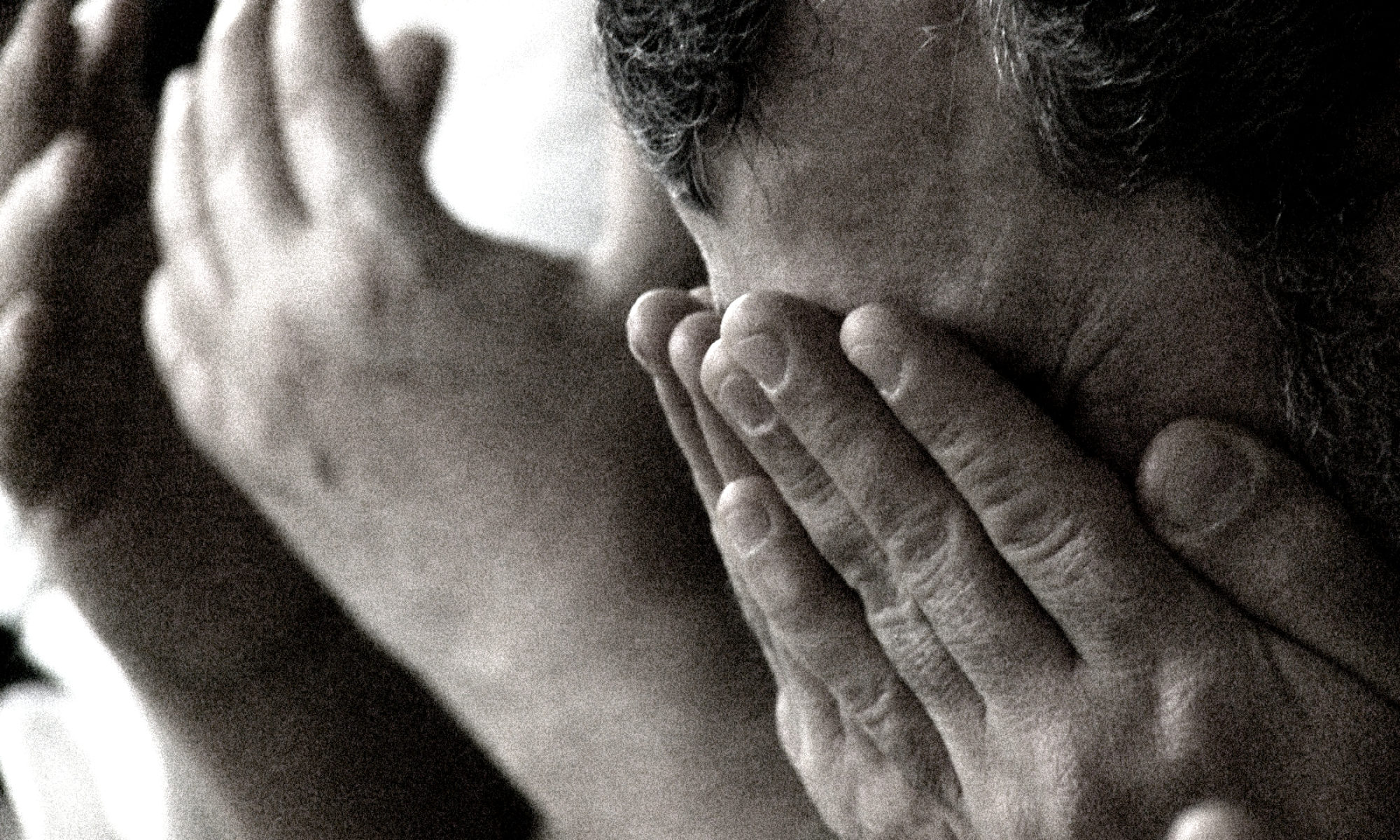In this stunning and beautifully written book, Christian Suhr offers unique insights into encounters between psychiatry and spirit possession in Islamic diasporic communities. Like the accompanying film, the book is caring and thought-provoking. This is a must-read (and must-see!) not only for students and scholars of Islam, and of psychiatry, but also for all who want to think seriously about how form can be put to work conceptually—how montage, for instance, can become a mode of analysis.
— AMIRA MITTERMAIER, University of Toronto
This book and film plumb a boundary that counts above all others in Islam and arguably in every religion: the divide between the seen and unseen worlds. By focusing on jinn possession and exorcism, the author exposes the extent to which the ʿālam al-ghayb, or unseen world, informs the mundane, day-to-day existence of Muslims within it. Christian Suhr is a remarkably gifted auteur and a highly self-reflexive critic of audiovisual media. What he has to say regarding the possibilities and limitations of this medium for Islamic studies is far reaching. This book and film matter.
— SIMON O’MEARA, SOAS University of London
A powerful contribution to anthropological understandings of spirit possession and Islamic exorcism and a groundbreaking work in the field of audiovisual anthropology. Exceptionally clear and well-written; a joy to read. In ethnographic approach as well as theoretical radicalism, this book sets new standards for contemporary visual anthropology.
— MICHAELA SCHÄUBLE, University of Bern
This monograph and film constitute a challenging, thought-provoking, and insightful piece of scholarship that reflects an unusually deep engagement with a difficult field of research. With a strong sense of purpose, and respect for his subject and collaborators, Suhr has produced an impressively rich ethnography, often of a highly intimate nature. The core questions have to do with the nature (and the effectiveness) of neo-orthodox Islamic healing and Danish psychiatry, but also with the possibility of intercultural cohabitation: the urgent questions of today’s Denmark, Europe, and the ghettoized and globalized world in which we live.
— LAURA U. MARKS, Simon Fraser University
Descending with angels delivers a compelling exegesis of the way that faith is integrated into secular society through the particular lens of psychiatric illness and spirit possession. Both elements of this work make a huge contribution to medical anthropology and Islamic studies. Suhr’s reflections on methodology contribute significantly to the development of film as a research method as well as a means for broadening scholarly expression. The accessibility of this work will be appealing to students and scholars as well as to professionals involved in the treatment of mental disorders.’
— ANDY LAWRENCE, University of Manchester
It seems to rain a great deal in Denmark. With the rain, angels descend to feed plants, bless homes, wash the city, and generally watch over its residents. Christian Suhr’s ethnographic film, Descending with angels, considers what comes down with the rain, as Suhr maneuvers between and through Islamic healing practices and the Danish psychiatric system.
The film accomplishes something unique in participatory sequences in which Suhr and the doctors, shaykhs, Muslim patients, and Muslim youth attempt to make sense of what they are seeing, from footage Suhr has shot to online Islamic exorcism videos.
Descending with angels provides a complex picture of Muslim life in Denmark, from the diversity of Muslim immigrant communities to the transcultural spaces between medicine, religion, social services, and community. It dives into and evokes the liminal and transgressive, avoiding totalizing narratives and burdens of information while also getting at what it means to believe, whether in magic or Western medicine.
The film offers a productive point for pedagogical departure for classes concerned with Islam and Islamic healing, immigration, consciousness and mental illness, religion and science, public health, ethnographic ethics and reflexivity, and visual anthropology.
— MARYAM KASHANI, University of Illinois
American Anthropologist, June 2018
